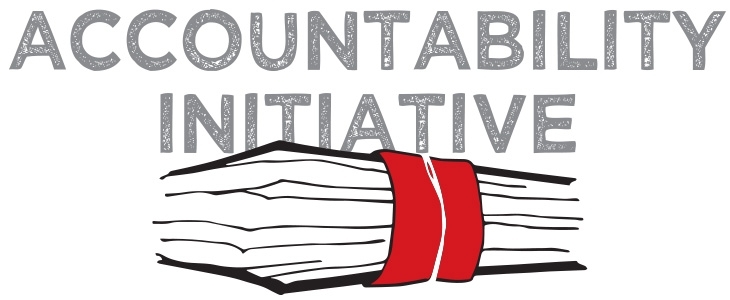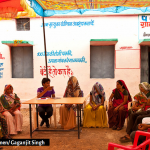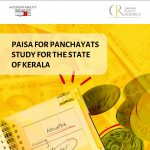
The Right to Education Act: Getting the Design Right for Right Implementation
4 January 2010
How do we deliver elementary education effectively and accountably to India’s children? This question is becoming increasingly more relevant as India begins work to implement the recently passed Right to Education Act (RTE). See here for an interesting review by Rukmini Banerji of James Tooley’s latest book, The Beautiful Tree. The book is an effort to address one critical question: “If public education is so dismal and time-consuming to reform to make it better for poor people…could private schools be a quicker, easier, more effective solution?” The review raises the issue of local ownership as holding the key to effective and accountable delivery. Can better decentralization improve education outcomes? And if so, what is the best design through which this should be done?
Local institutions need to be nurtured and resourced. They need to be provided with information and capacity, and perhaps most importantly, the system needs to create incentives that make local participation meaningful.
The RTE has many provisions for ensuring accountability through decentralization, including the creation of school management committees (SMC) empowered to make plans and monitor school-level expenditures. But as is well known in India, the devil lies in the implementation. How effectively these accountability provisions will work on the ground depends on getting the ‘right’ design that will ensure accountability and transparency in implementation process. How can this be achieved?
If there is one lesson to take home from India’s past experience, particularly with the implementation of the Sarva Shiksha Abhiyan, it is that simply creating decentralized institutions such as the Village Education Committees (VEC) that ‘invite’ local participation in planning does not itself result in effective decentralized delivery – it is now widely accepted that VECs for the most part are defunct. Local institutions need to be nurtured and resourced. They need to be provided with information and capacity, and perhaps most importantly, the system needs to create incentives that make local participation meaningful. How do we ensure this in the RTE? Now as bureaucrats are at the drawing board developing the rules and guidelines for the implementation of the RTE, this issue needs to be seriously debated so that for once we get the ‘implementation design’ right.
Yamini Aiyar is Director of Accountability Initiative.





